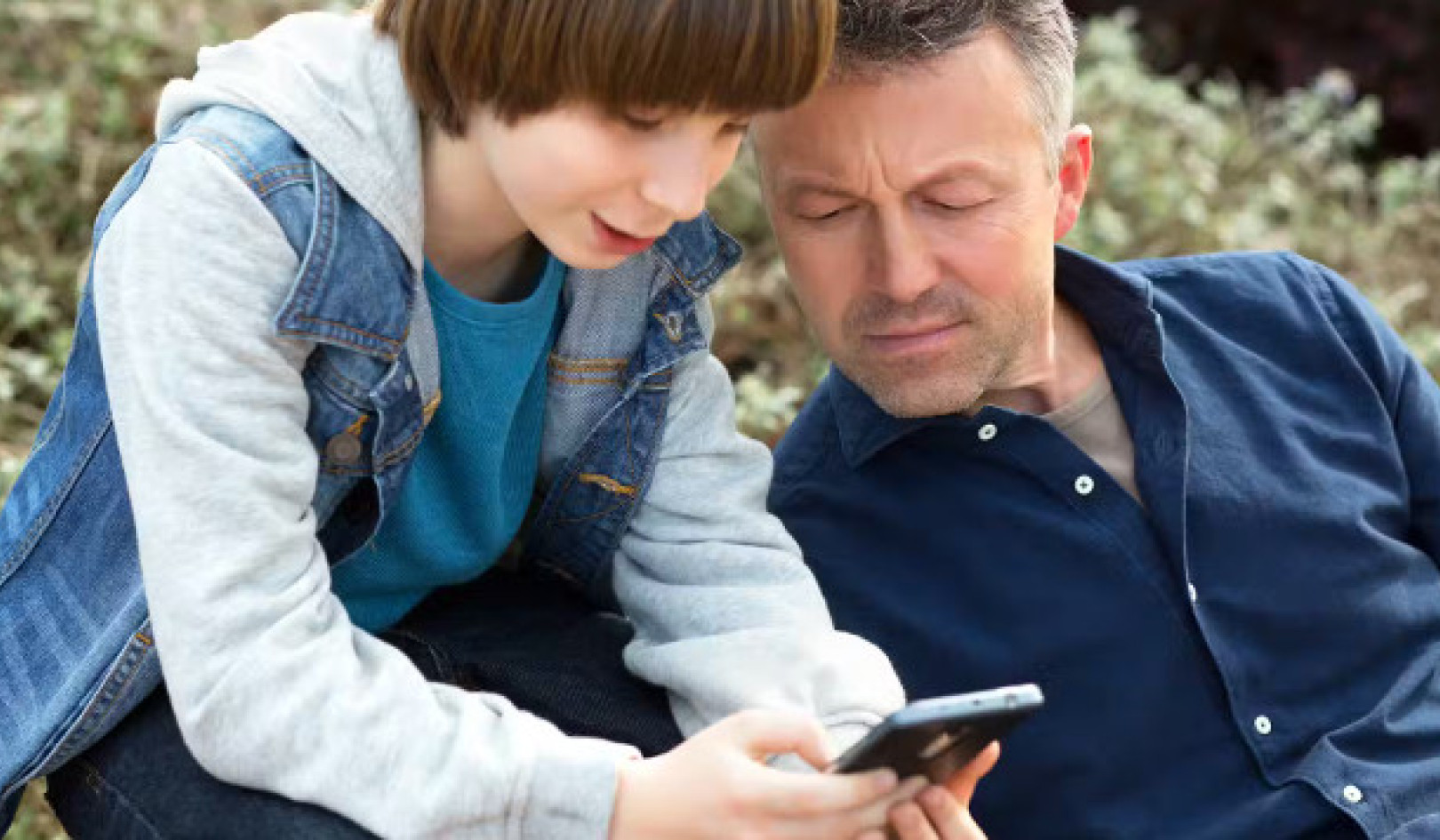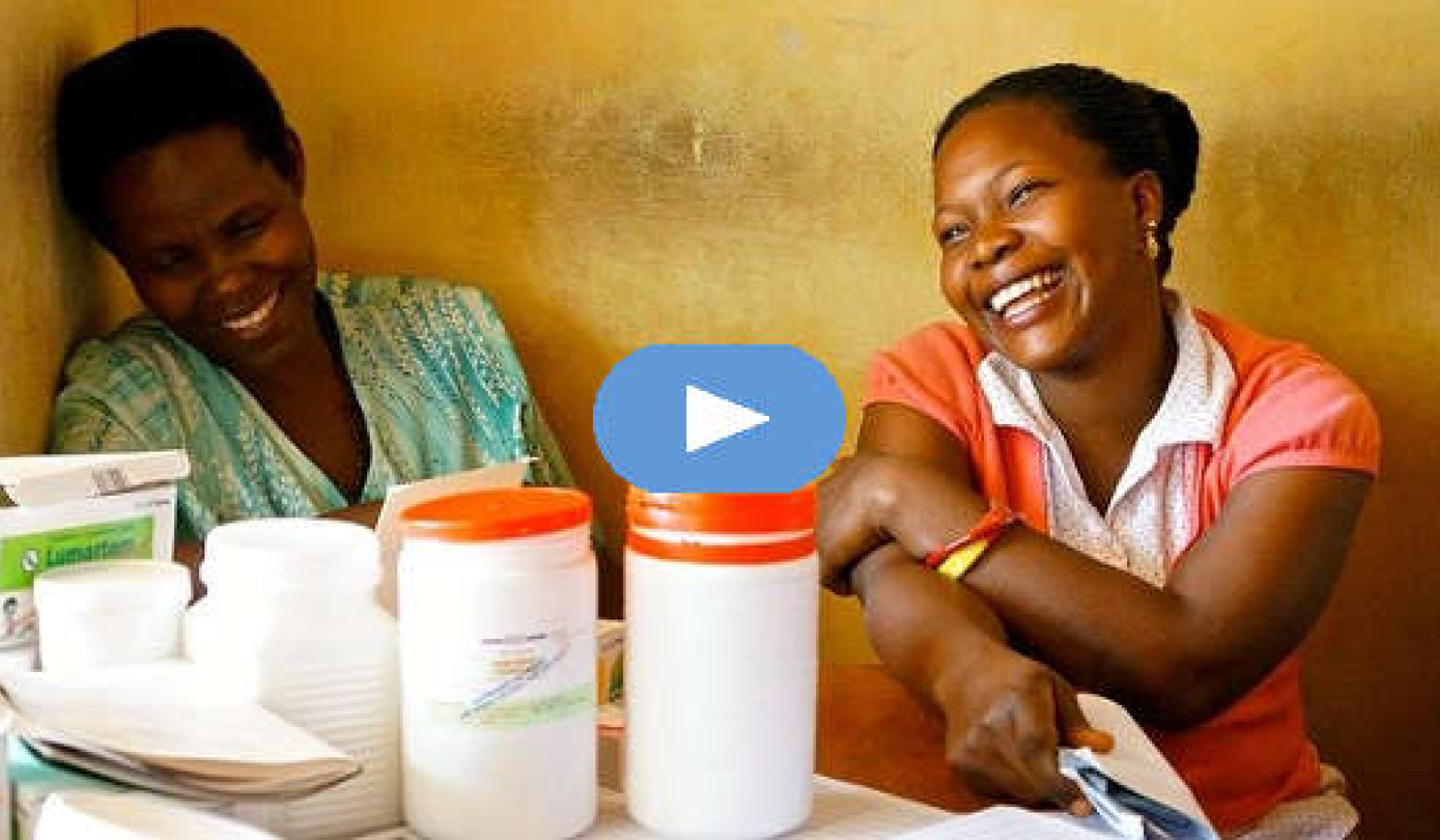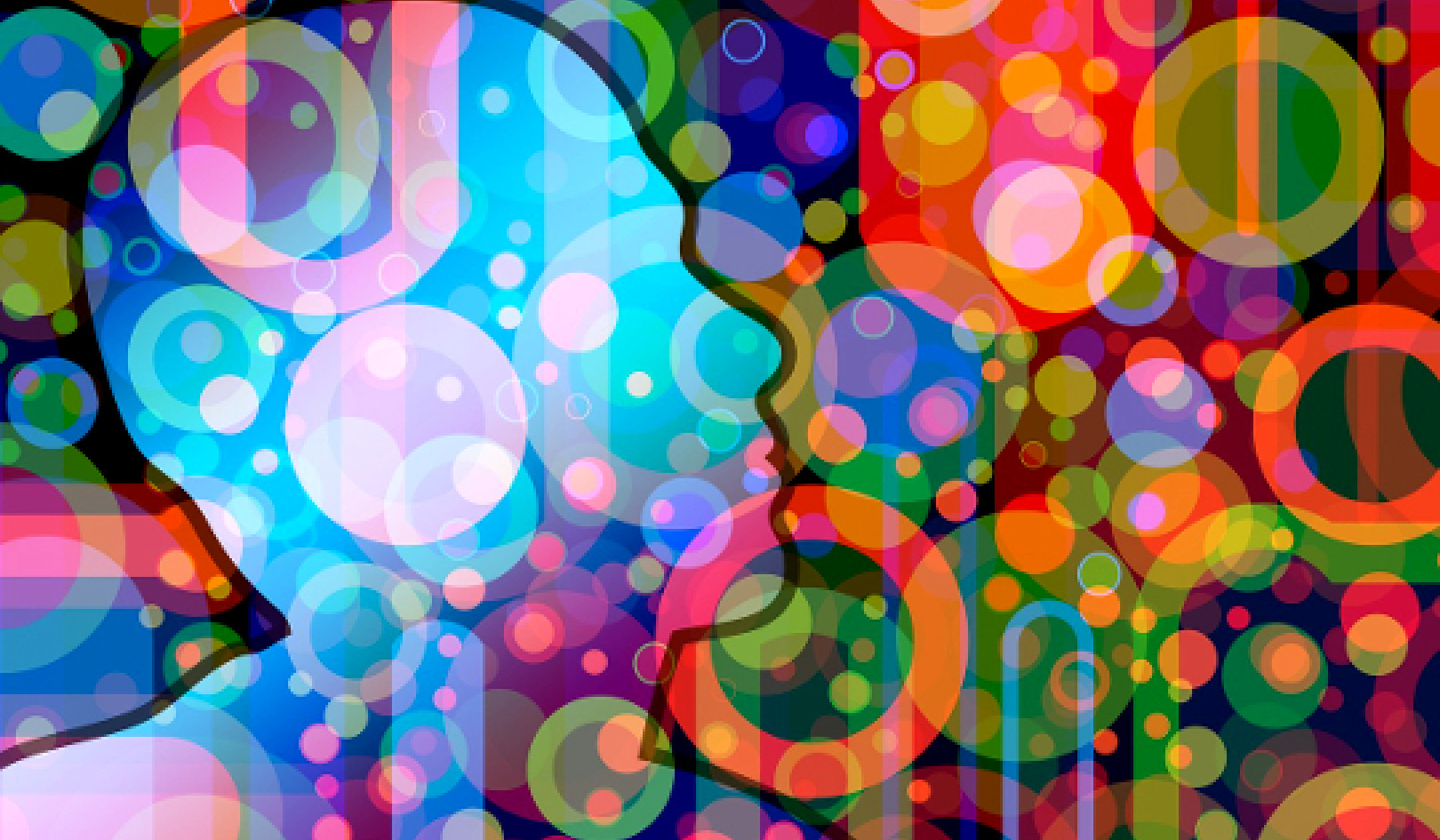
It seems to me that many of the battles within humanity today arise because most of us have no idea how to differentiate what we believe from what is true. We don’t know how to separate our opinions from bare facts. We have not been consistently encouraged to critically think, and in fact have too often been chastised for even trying.
The human species today appears to be remarkably long on beliefs and opinions, and relatively short on facts and knowledge. What we each imagine we know seems far, far greater than what we genuinely know.
These are my observations; they are experientially generated opinions that arise from the compilation of my personal factual experiences. Are they truths? Relatively speaking, they are my truths. They are truths I have discerned as a result of countless real-time human encounters, as well as through observing my own behavior over time.
Because I am using these limited case studies to generalize my thoughts, however, they are not truths in any absolute sense. They have moved into the realm of opinion, which occurred the moment I extrapolated them from the specific factual situations I have witnessed, to a generalized proposition of what holds true for all humanity. Clearly this is not an absolute truth, as I cannot apply it with confidence to every living human being!
Rigidly Held Opinion?
How rigidly do I hold my opinion? Well…not too rigidly, because I have long observed how people can and do change, evolve, grow, expand in capacity. I have also observed great differences in capacity among individuals, so I realize that what one person is capable of doing, another may not be capable of doing. I have observed these things as facts in many individuals. My opinion has emerged because I’ve applied my specific factual experiences and realizations in a more general sense, where I cannot have or know ALL the facts about every living being.
What is the difference between an opinion and a belief? A belief is not grounded in fact or real world experiences. It’s an assumption we embrace without proof; it’s unexamined. We believe “in” Santa Claus without ever having seen him (other than through parental trickery and fakery, which is a whole ‘nuther story!). We may, for instance, believe in the life, death and resurrection of Jesus Christ without having any factual proof that Jesus lived, let alone died and resurrected in the fashion that the Bible says he did.
We have to believe “in” things for which we have no direct evidence, but have either only been told about, or have read about. We have to blindly trust that the information we’ve received from others is true, like when our parents tell us Santa Claus is real. We gift our trust to authority figures and experts when we’re children; we learn to withdraw it from others over time as we begin to trust our own capacities to investigate reality for ourselves.
How We Form Our Opinions
We form our opinions based on our real world experiences and factual exchanges and encounters with reality. These come either in the form of realizations that take us from the specific to the general, or realizations that form holistically during our interactions with the world. Our opinions may be valid, or invalid, once we generalize them. If they’re a function of limited sample size and/or an incomplete understanding of the bigger picture, that renders them less valuable—or at worst case, mostly wrong.
For instance, someone who lives in the bayou of Louisiana may form an opinion that a responsible man hunts and kills his own food. That’s his life experience; it’s a relative truth for his life situation. Take him out of the bayou and send him to Manhattan, however, and his relative truth falls apart. He may wish to cling to his opinion while in Manhattan, but it won’t serve him very well in that new context.
Much of what ails humanity (in my opinion!) results from people taking relative truths beyond their limited contexts (both in time and place) and then trying to apply those relative truths in places and eras where they don’t work anymore, or have lost all meaning due to the changing social context. This error in our behavior also leads us to grossly misjudge what’s going on in new situations, because we’re trying to overlay our relative truths in situations where they’re not applicable.
Beliefs vs. Opinions vs. Facts vs. Knowledge vs. Truth
To wit: Our beliefs arise and exist without any direct (real time and experiential) supporting evidence. Our opinions are derived from experiences and observations that are RELATIVE to our specific life experiences. Facts are the data points we extrapolate from our direct experiences and observations. Knowledge is a broad collection of facts that have withstood real-world testing across many contexts and through time, to the point that we feel fairly confident we’re darned close to considering it the truth no matter the situation we may encounter. Truth is what IS, regardless of how we humans function in relationship to it.
Clearly, based on this breakdown, we humans know very little about absolute truth. We do have a fairly large number of facts at our disposal as a result of human record keeping. Many of our facts contradict one another, however, depending upon how and when they were recorded, because nature and human circumstances have changed. This means our opinions will often contradict one another, because we tend to hold those opinions that are biased toward the facts of our own limited circumstances and personal experiences, and reject opinions that run counter to our own life experiences. Our beliefs reflect purely wishful thinking and are pointless to debate, because they won’t be shaken by facts or by the informed opinions of others unless the person who holds the belief is willing to freely set it aside in order to investigate its truth.
Truth is always present, waiting for us to meet it with an open mind and sincere heart, to the extent that our limited human capacities can comprehend it.
Copyright by Eileen Workman.
Reprinted with permission from the author's blog.
Book by this Author
Raindrops of Love for A Thirsty World
by Eileen Workman
 A timely spiritual guide to surviving and thriving in today’s pervasive, gloomy atmosphere of alienation and fear, Raindrops of Love For a Thirsty World, lays out a path to life long self-actualization, and reconnection through a shared consciousness.
A timely spiritual guide to surviving and thriving in today’s pervasive, gloomy atmosphere of alienation and fear, Raindrops of Love For a Thirsty World, lays out a path to life long self-actualization, and reconnection through a shared consciousness.
Click here for more info and/or to order this book.
About the Author
 Eileen Workman graduated from Whittier College with a bachelor’s degree in Political Science and minors in economics, history, and biology. She began working for Xerox Corporation, then spent 16 years in financial services for Smith Barney. After experiencing a spiritual awakening in 2007, Ms. Workman dedicated herself to writing “Sacred Economics: The Currency of Life” as a means for inviting us to question our longstanding assumptions about the nature, benefits, and genuine costs of capitalism. Her book focuses on how human society might move successfully through the more destructive aspects of late-stage corporatism. Visit her website at www.eileenworkman.com
Eileen Workman graduated from Whittier College with a bachelor’s degree in Political Science and minors in economics, history, and biology. She began working for Xerox Corporation, then spent 16 years in financial services for Smith Barney. After experiencing a spiritual awakening in 2007, Ms. Workman dedicated herself to writing “Sacred Economics: The Currency of Life” as a means for inviting us to question our longstanding assumptions about the nature, benefits, and genuine costs of capitalism. Her book focuses on how human society might move successfully through the more destructive aspects of late-stage corporatism. Visit her website at www.eileenworkman.com
Book by this Author
at

Thanks for visiting InnerSelf.com, where there are 20,000+ life-altering articles promoting "New Attitudes and New Possibilities." All articles are translated into 30+ languages. Subscribe to InnerSelf Magazine, published weekly, and Marie T Russell's Daily Inspiration. InnerSelf Magazine has been published since 1985.

Thanks for visiting InnerSelf.com, where there are 20,000+ life-altering articles promoting "New Attitudes and New Possibilities." All articles are translated into 30+ languages. Subscribe to InnerSelf Magazine, published weekly, and Marie T Russell's Daily Inspiration. InnerSelf Magazine has been published since 1985.



























